Traveling to Somalia was both an adventure and a revelation, as I found myself drawn into a world that was far different from the one portrayed in news headlines. Far from the commonly held image of Somalia as a country solely grappling with conflict, I was amazed by the resilience and entrepreneurial spirit of its people. It was truly remarkable to witness how Somalis have built thriving businesses, upscale hotels, elegant apartments, and impressive estates — all of which have transformed the urban landscape in ways I hadn’t anticipated.
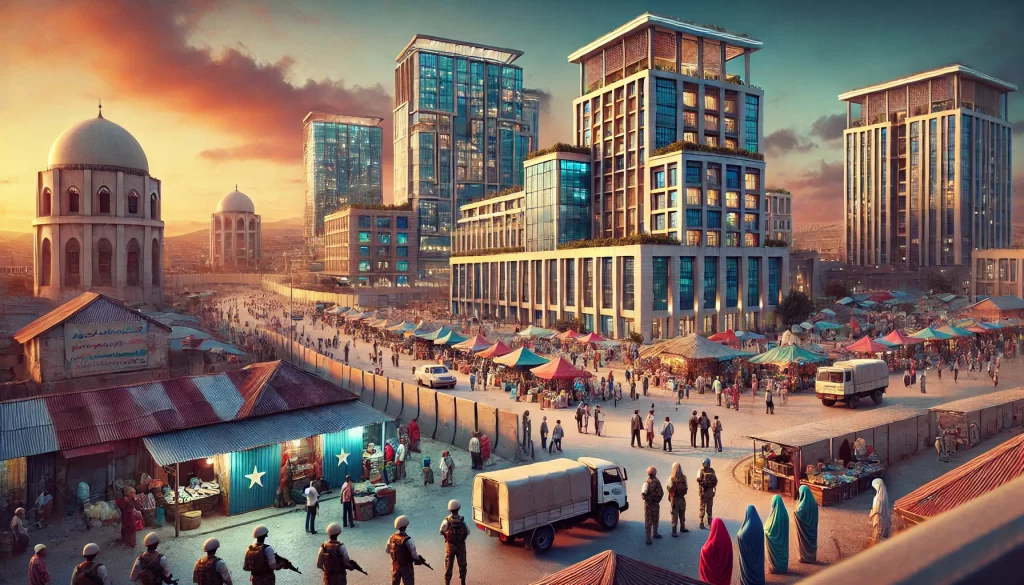
From the moment I arrived, the contrast between old perceptions and new realities struck me. Major cities like Mogadishu are bustling with new constructions, and it’s not uncommon to see luxury hotels alongside traditional shops. The business community is remarkably active, with everything from tech startups to large-scale construction firms. I visited some of the country’s local markets, where traders dealt in everything from fresh produce to clothing, and each market was filled with a palpable energy. This entrepreneurial vigor is a testament to the determination and ingenuity of the Somali people, who are committed to rebuilding their country despite the odds.
One of the most impressive parts of my journey was visiting some of the newly developed hotel and apartment complexes. These are not just modest accommodations; many of them are state-of-the-art, offering a standard of luxury that is comparable to high-end hotels in Dubai or Nairobi. The architectural designs are modern and aesthetically pleasing, and the interiors are every bit as grand. It was clear to me that local developers and business owners are working hard to create an environment that appeals to both locals and expatriates, signaling their hope for a prosperous and stable Somalia.
During my stay, I also had the chance to visit several real estate developments that are redefining the Somali landscape. Many Somalis from the diaspora are investing heavily in these projects, pouring money into estates and commercial buildings, and hoping for a better future. The vision for the country is clear: Somalis want a modern, vibrant nation that offers opportunities for its citizens and attracts international interest.
However, as impressive as the developments are, I couldn’t ignore the undercurrent of insecurity that affects daily life. Security concerns remain a significant issue, and while the Somali government has made strides in addressing them, the challenges are complex and persistent. In conversations with locals, I sensed an underlying worry about the safety situation, which unfortunately restricts many from enjoying the full benefits of these new developments. Even within bustling city centers, security checkpoints and armed guards are a common sight, and it’s clear that the threat of violence looms over everyday activities.
Several residents shared their anxieties with me about how insecurity affects business. For instance, entrepreneurs often have to allocate resources toward security measures, which naturally eats into profits. Tourists, who could be vital to the economy, are often deterred from visiting due to safety concerns. This security dilemma is a heartbreaking reality for many, especially for the younger generation who want to build a life in their homeland rather than feel compelled to leave due to safety issues.
The situation in Somalia is, without a doubt, a paradox. On one hand, there’s an incredible spirit of progress and optimism, as evidenced by the development of vibrant businesses and stunning infrastructure. On the other hand, the security situation acts as a weight, stifling the full potential of this growth. I left Somalia with a deep respect for the resilience of its people and a hope that, with time, the country can find a way to overcome these obstacles. There’s no doubt in my mind that Somalia has the talent, ambition, and capability to rise above these challenges; it just needs the security to thrive.

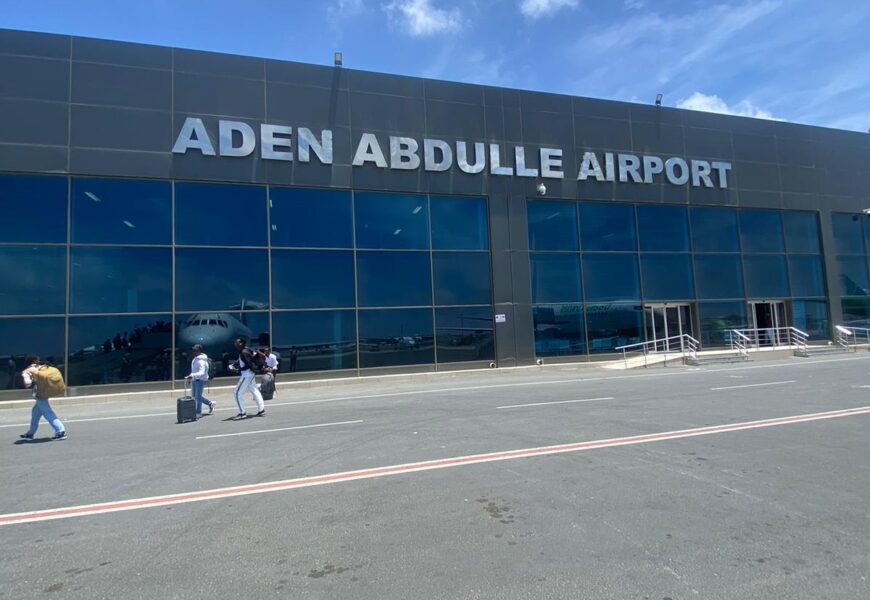
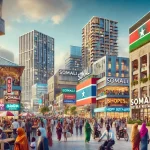

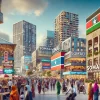

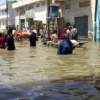






I keep listening to the news broadcast lecture about receiving boundless online grant applications so I have been looking around for the best site to get one. Could you tell me please, where could i find some?